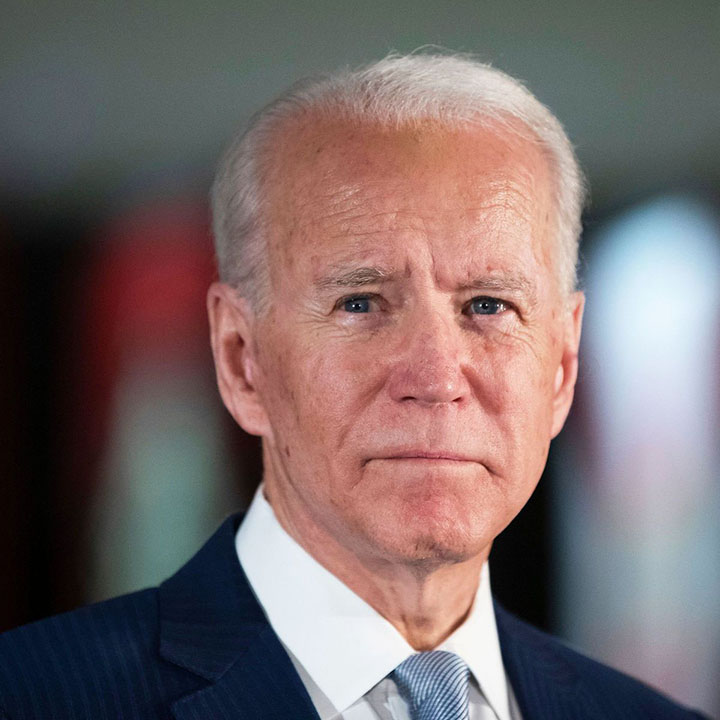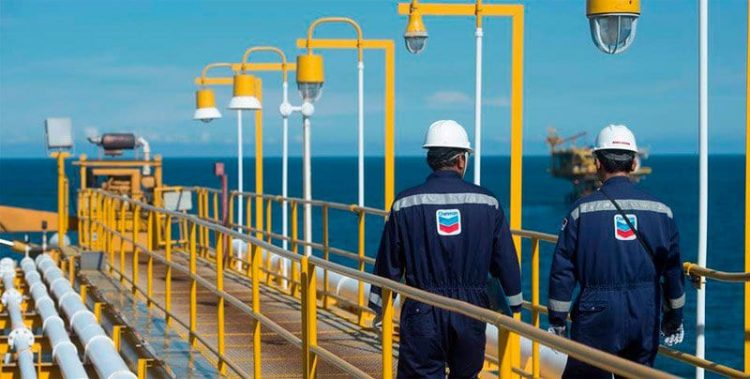
New President, new policy?
February 4 ,2021
With the Trump administration now having passed noisily into history, US oil companies appear to be wasting no time in seeking to persuade the administration of the country’s new President, Joe Biden, to roll back the crippling sanctions which have placed harsh restrictions on Venezuela’s oil exports and damaged the sector as a whole to a point where repair could take a time span that is difficult to determine.
Last week the Bloomberg news service reported that the US companies Chevron Corp and Reliance Industries Ltd, have already begun to beat a path to the US State Department in an effort to secure the pushing back of at least some of the restrictions imposed by the previous administration on Venezuela’s oil industry.
So swift has been the move by the US oil companies to resume a semblance of normalcy in their relations with Venezuela’s oil sector that according to the Bloomberg report, representatives of the two companies were penciled in to meet with State Department officials as early as last week for discussions which the two companies hope will at least reinstate transactions known as oil swaps that would allow companies to receive Venezuelan crude in exchange for supplying the country with diesel.

While such a move, assuming that it secures the Biden administration’s ‘green light,’ will represent an inching forward from what Caracas sees as the ‘bad old days,’ it will still be a far cry from the Trump administration’s strictures which had placed a near complete embargo on shipping vessels moving Venezuelan oil to overseas markets. The sanctions imposed by Washington had succeeded in frightening off shippers to the point where servicing mainly the Chinese crude market through clandestine arrangements that involved, among other things, the high-seas switching of oil cargo, was the only option open the Caracas. As the situation grew worse even in terms of Venezuela being able to guarantee gasoline supplies for its own domestic market, Iran was the only country seemingly prepared to defy the US embargo. Early in 2019 Trump’s efforts to dislodge the Maduro administration from office by depriving his administration of oil revenues had extended to a point where it had long ordered US oil companies to pull out of Venezuela, leaving Chevron as the ‘last man standing’ there The fact that the company is now at the forefront of seeking an accommodation with the Biden administration that might at least remove some of the restrictions suggests that it is eyeing its still existing June 2021 deadline for pulling out of Venezuela.
The move to engage the State Department, Bloomberg says, suggests that Chevron is now seeking to “build goodwill and remind officials of its commitment to remain in Venezuela.”
While Washington had no substantive authority to ban international oil and shipping companies from buying and shipping Venezuelan oil, it can, as it has been doing, use its economic leverage to squeeze what it sees as rogue shippers “by prohibiting them from doing business with American companies if they ignore sanctions,” Bloomberg says.
So urgent is the issue of their oil interests in Venezuela, that the request by Reliance and Chevron to meet with the US State Department reportedly came even though some of the key decision-makers in the State Department were still to be confirmed by the State Department, Bloomberg says. Bloomberg also reportedly quoted a Chevron statement as saying that the company remained “committed to the integrity of our joint venture assets, the safety and well being of our employees and their families, and the company’s social and humanitarian programs during these challenging times.”
Setting aside the squeeze on its oil exports, Bloomberg says that the Venezuelan oil sector had been squeezed by the Trump administration to the point where it is now “barely able to produce its own refined products because of widespread mechanical failures at refineries.” Diesel, the production of which has been compromised by Venezuela’s current limitations, is used in power generation, public transportation, agriculture, and to deliver food and medicine.
